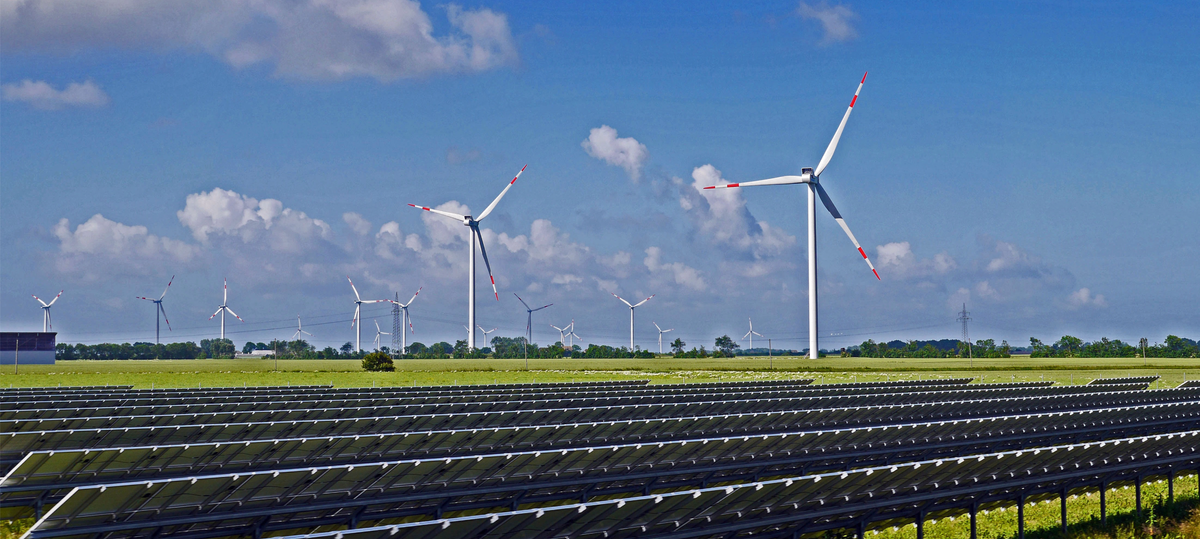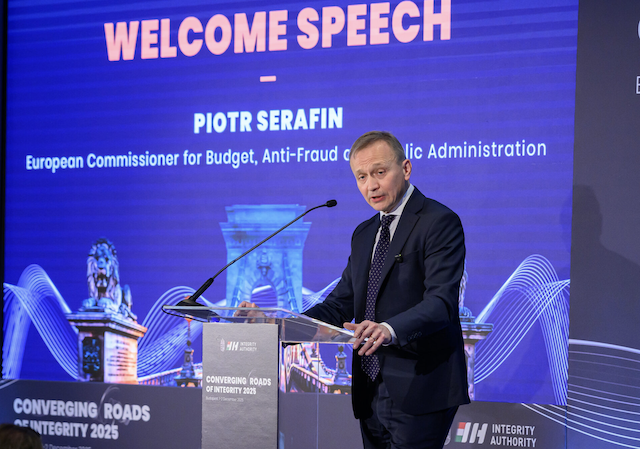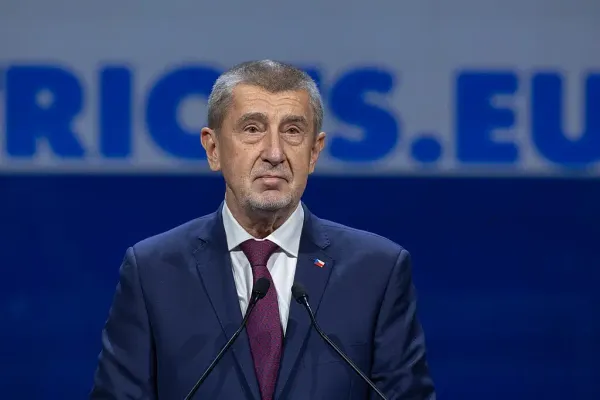
Czech gov't unveils radical green energy plan
Czechia is poised to start a massive construction of solar and wind power plants to secure cheap and ecological electricity supply, Environment Minister Petr Hladik (KDU-CSL) told members of the press on Thursday.
“We have the resources for this: it is possible and realistic,” Hladik said, as he unveiled a Deloitte study that the Czech government intends to use as a basis for updating its State Energy Concept, Slovak daily Hospodarske Noviny reported.
Czech currently regional laggard
Some 15.3GW of photovoltaic solar panels and 2GW of wind turbines could be built by the end of the decade, according to the consultancy company’s report.
Within seven years, this production could cover all of the annual consumption of Czech households, which need roughly one-third of the electricity produced in the country.
Czech coal usage is slowly phasing out, Hladik said, and the only viable replacement is gas and new emission-free sources by 2030.
Hladik expressed optimism as regards securing investment subsidies from the national modernization fund.
Funding in place for Czech energy overall – minister
Green energy has stagnated in Czechia over the last ten years, compared to its neighbours, with the share of renewable sources in electricity production at 15%, below the EU 38% average, according to Eurostat.
Although the recent energy crisis has kicked up interest in new green sources, especially in photovoltaics, new wind power plants are not yet being developed.
Czechia currently has just over 2GW of solar power and 340 MW of wind turbines. According to the Deloitte study, from 2031-35 the country could add an additional 12.7GW from photovoltaics and 2.5GW from wind into its energy mix.
However, according to the environment minister, CZK 765bn (EUR 28.5bn) has been earmarked for the transformation of Czechia’s domestic energy industry, while there will be over CZK 200bn (EUR 8.44bn) in the fund exclusively for the construction of new solar and wind turbines for the 2023-30 period, Hladik said.
Funding will be collected from the proceeds of emission allowances bought by air polluters from industrial and energy companies. From next year, Hladik said, these will be used exclusively for decarbonisation.
In addition, the new EU agreement adopted in March of this year envisages an increase in their share of electricity production to 42.5% by the end of 2030.
Deloitte backs wind energy
The development of wind turbines is absolutely key, according to energy expert Miroslav Lopour from Deloitte. “Without their greater expansion, the decarbonisation goals cannot be met: they are an important addition to solar power plants,” said Lopour.
In addition to new solar panels and wind turbines, the fund could also support accumulation. Up to 1GW of batteries can be built in the country in the next seven years, Deloitte found, that could help cover shortfalls in the amount of electricity produced from renewables during the day.
Plan to create special zones, fast-tracked permits
However, a complex permit issuing procedure, which takes an average of five years for photovoltaics and more than ten years for wind, could be a barrier.
The construction of wind turbines is practically impossible for investors from a business point of view, as evidenced by unrealised projects totalling hundreds of megawatts.
The solution is the so-called ‘go-to zones’, where their construction will be easier, will be determined by mid-2024.
“Permission procedures should not exceed one year. Outside the zones, obtaining the permit would take two years,” Modern Energy Association programme director and government advisor Martin Sedlak said.
Proponents of green sources emphasize that electricity from the sun and wind is much cheaper than fossil fuels,
Czech industry will also need emission-free energy to maintain its importance in the supply chains of multinational corporations, due to the advent of environmental, social, governance (ESG) reporting, according to Sedlak.





